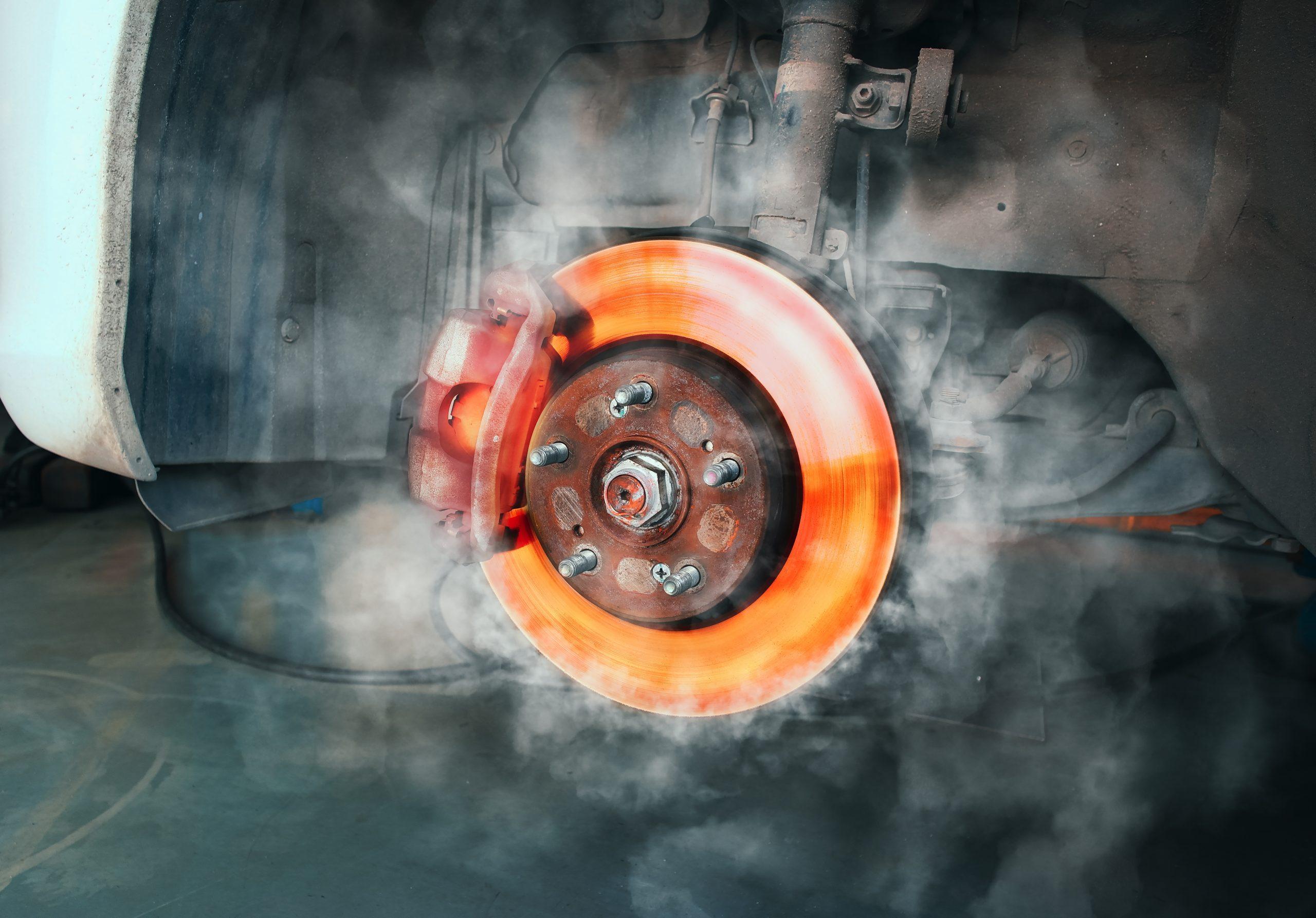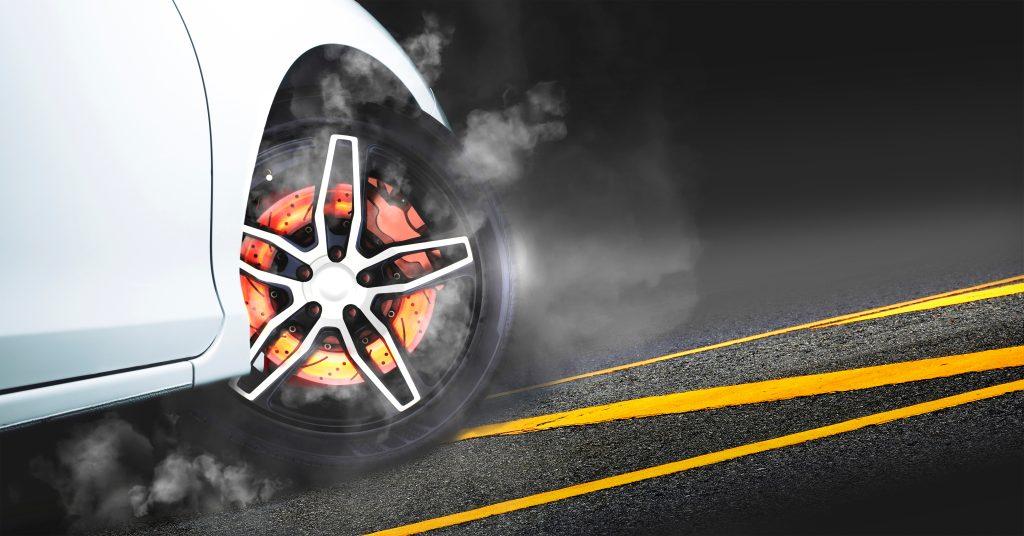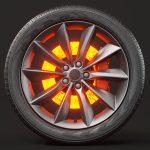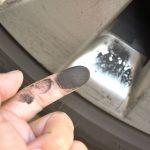
The Dangers of Overheated Brakes and How to Avoid Them
- Harbor Brakes
- January 3, 2024
- Brakes
- brake disc, brake fluid, brake maintenance, brake pads, brake repair, brake rotors, brake service, brakes, pads, rotors
Introduction
Brake overheating is a serious issue that can lead to decreased performance and even failure of the braking system. Understanding the causes, dangers, and prevention methods is crucial for every driver. In this article, we delve into the world of overheated brakes, providing insight and tips to ensure your safety on the road.
Understanding Brake Overheating
Brake overheating occurs when excessive heat is generated in the braking system, surpassing the design limits of the brakes. This can happen due to various factors, including aggressive driving, prolonged braking, or mechanical issues.
The Mechanics of Brake Heating
- Friction and Heat: Brakes slow a vehicle by converting kinetic energy into thermal energy through friction, which naturally generates heat.
- Heat Dissipation: Under normal conditions, this heat dissipates quickly. Problems arise when the system can’t cool down fast enough.
The Dangers of Overheated Brakes
Reduced Braking Efficiency
- Brake Fade: Overheating can lead to brake fade, where the brakes lose their effectiveness, increasing stopping distances.
- Potential for Brake Failure: In extreme cases, overheated brakes can fail completely, posing a significant safety risk.
Damage to Brake Components
- Warped Rotors: Excessive heat can cause brake rotors to warp, leading to uneven braking and vibrations.
- Degraded Brake Fluid: High temperatures can also break down brake fluid, affecting its ability to transfer hydraulic pressure.

Common Causes of Brake Overheating
Aggressive Driving Habits
- Frequent Hard Braking: This can generate excessive heat, especially at high speeds.
- Riding the Brakes: Constant pressure on the brakes, such as in downhill driving, can lead to overheating.
Mechanical Issues
- Sticking Calipers: Can cause constant friction and heat build-up.
- Incorrectly Fitted Brake Components: Improperly installed brakes can create additional friction and heat.
Prevention and Mitigation Strategies
Adopting Safer Driving Practices
- Anticipatory Driving: Maintain a safe distance and anticipate stops to minimize hard braking.
- Using Engine Braking: Downshift to allow the engine to aid in slowing the vehicle, reducing reliance on brakes.
Regular Brake Maintenance
- Routine Inspections: Ensure your brakes are in good condition and correctly adjusted.
- Brake Fluid Checks: Regularly check and replace brake fluid to prevent degradation.
Advanced Solutions for High-Risk Situations
Upgraded Brake Systems
- Performance Brake Pads and Rotors: Consider upgrading to components designed for higher heat tolerance, especially if you frequently drive in demanding conditions.
- Enhanced Cooling Systems: Additional cooling solutions can help dissipate heat more effectively.
Conclusion: Staying Safe with Well-Maintained Brakes
Understanding the dangers of overheated brakes and how to prevent them is key to maintaining your vehicle’s safety and performance. Regular maintenance, coupled with safe driving habits, can significantly reduce the risk of brake overheating.
Call to Action

Are you concerned about your vehicle’s brakes? Contact Harbor Brakes and Auto Repair for a comprehensive brake inspection and expert advice on maintaining your braking system for optimal performance and safety.

